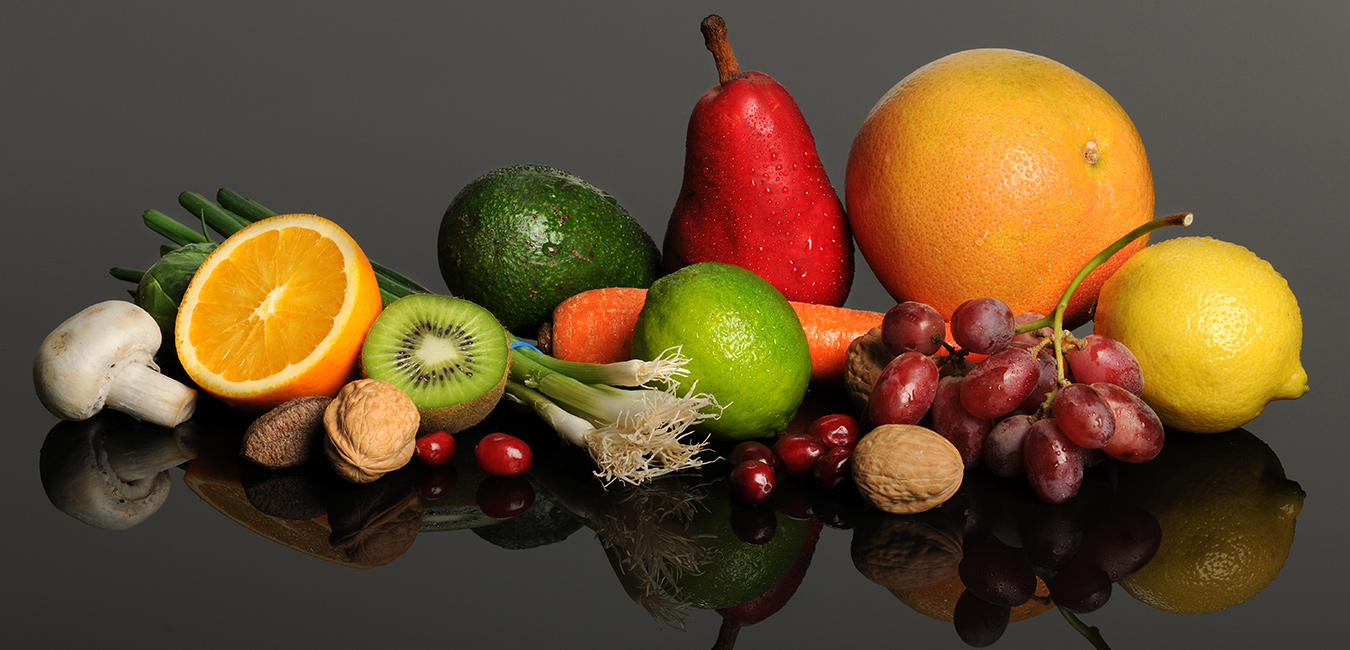Eat to Protect Your Heart from Inflammation and Reduce Stroke Risk
You may know that certain foods can raise cholesterol levels and blood pressure and add inches to your waistline. All of these effects can harm your heart.
But foods can have another important effect. They can also trigger or reduce the inflammation in your body, which has a huge impact on the health of your heart and other systems in your body.
New research from the Journal of the American College of Cardiology shows just how powerful foods that increase inflammation (“pro-inflammatory foods”) and those that lower inflammation (“anti-inflammatory foods”) can be in your diet. In the study, Harvard public health researchers divided more than 200,000 people into 5 groups, based on the highest to lowest amounts of pro-inflammatory foods they ate. Researchers then followed the participants for over 30 years.
Their finding: the people who had the most pro-inflammatory diets had a 46% increased risk of heart problems and a 28% higher risk of stroke compared to those who ate the least amount of inflammatory foods. Those who ranked high on the inflammation scale also had higher levels of inflammatory markers like C-reactive protein and harmful blood fats called triglycerides in their blood. And they had lower levels of “good” HDL cholesterol.
Inflammation happens when the body responds to injuries and illness by releasing chemicals in the bloodstream to help kill off infections and protect you. This process is usually temporary and healthy. Pro-inflammatory foods, however, may actually damage the lining of blood vessels, causing the production of the chemicals that cause harm to the blood vessels and other tissues.
Pro-inflammatory foods include red and processed meat, organ meats like liver, refined carbohydrates (white bread and pasta), sweet drinks, and processed foods. They often contain saturated fat and sugar.
Anti-inflammatory foods include leafy greens, yellow vegetables and fruits, nuts, whole grains, tea, coffee, and even wine in moderation. These foods often have substances called phytonutrients and antioxidants that help cut down on inflammation.
The study’s authors pointed out that extra virgin olive oil and fatty fish like salmon and sardines are particularly good at calming inflammation. These foods are both part of the heart-healthy Mediterranean Diet, along with all kinds of plant foods.
How do you start to change your diet to decrease inflammation? Consider adding these foods to your plate:
- Berries
- Nuts
- Mushrooms
- Cocoa
- Green tea
- Grapes
- Avocado
- Turmeric
- Peppers
You don’t have to give up your favorite foods—just eat less of those that may trigger inflammation. Try eating fewer servings of pro-inflammatory fare like fried foods, packaged cookies and cakes, sodas, and red meat. And avoid sugar as much as possible.
If you are used to eating a lot of red meat, try going meatless once or twice a week: substitute fish or chicken for roast and steak, or try a bean-based dish.
Eat fresh fruit instead of pie or cake for a change. Try olive oil on your baked potato instead of butter and sour cream, which are pro-inflammatory. And substitute fizzy water with a squeeze of lemon or fruit for sugary sodas and other sweet drinks.
Making small changes over time works best for many people. This approach can lead to lasting changes that help your heart get healthier and function better and lower your stroke risk!

